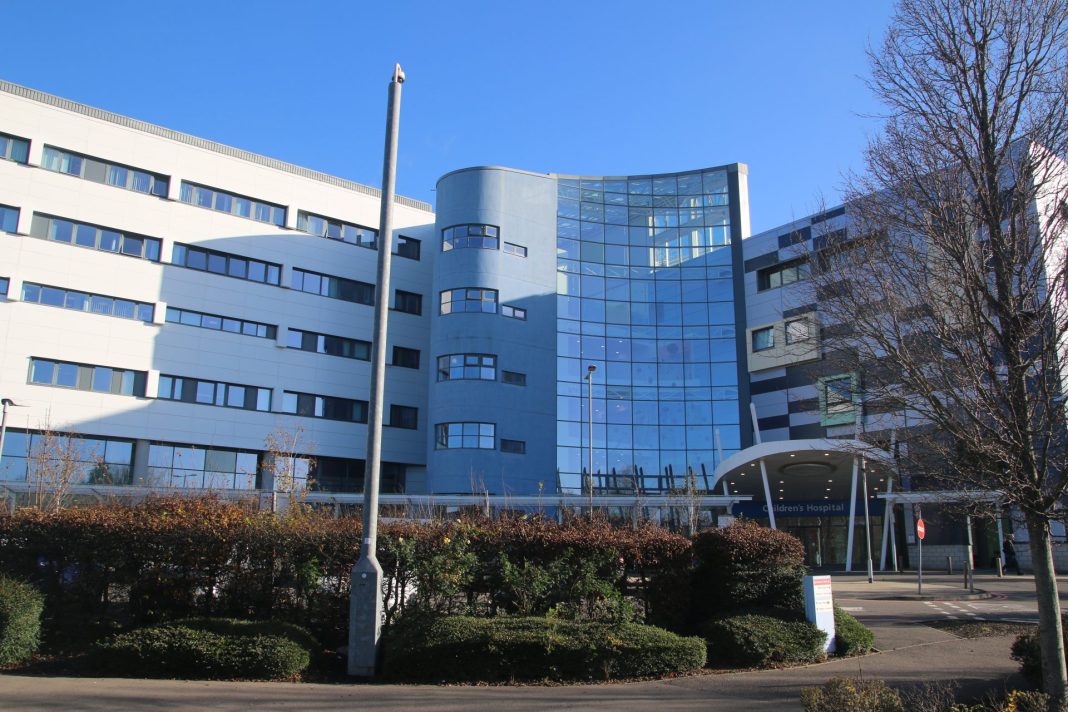Resident doctors working at Oxford University Hospitals (OUH), including the John Radcliffe Hospital, have joined the British Medical Association’s (BMA) national strike. The walk out concludes today, after lasting for five days.
The BMA, a professional organisation and trade union representing doctors, called for a strike ballot earlier this month over concerns about pay and a lack of training posts. The organisation states that pay for first-year residents is down 20.9% since 2008, when inflation is taken into account. This is based upon calculations using the Retail Prices Index (RPI). According to emails obtained by Cherwell, the organisation is asking the government to increase pay for first-year doctors from £18.63 to £22.69 per hour.
The government disputes that first-year resident doctors’ pay has fallen this much, arguing that resident doctors have received the largest pay rise of any public sector employee over the last three years. Unlike the BMA, the government uses an alternative measurement to calculate inflation, the Consumer Prices Index (CPI), which is used more widely than RPI and viewed as a more reliable measure. According to calculations using CPI, the government finds that doctors’ pay is fair. However, the Nuffield Trust think tank suggested that even when measured by CPI, resident doctor pay has fallen by 5% since 2008.
Apart from pay, the BMA also aims to draw attention to the lack of training posts available to new medical school graduates. They note that 20,000 doctors have been left without a training post this year.
A fourth-year medical student at Oxford University told Cherwell that some specialty training posts have 50 applicants per place, making it difficult for doctors to enter the specialty they are interested in. They said that doctors are dissatisfied with studying for six years, only to be “badly paid for a job you don’t want to do”. They objected to the points-based system used for applications, which leads to medical students feeling pressure to try and get research published, or to find extracurricular opportunities while still in medical school.
Earlier this month, Wes Streeting, the Secretary of State for Health and Social Care, pledged to make 1,000 more spaces available for this academic year’s application window. He also stated that the Health Ministry would start paying mandatory examination and membership fees.
The BMA stated: “What has been offered so far still leaves thousands of resident doctors without a role this year, and the Government seems determined to cut pay even further next year.”
In a letter sent directly to resident doctors on 5th November, Streeting stated: “The enormous financial pressures facing the country mean I am not able to go further on pay.” He claimed that the government “wants to work constructively” with the BMA.
However, speaking at the NHS Providers conference, an assembly of NHS managers, Streeting accused the BMA of “cartel-like behaviour” and repeated a claim he made in the letter that “there isn’t a more pro-doctor, pro-NHS health secretary or government waiting in the wings”. The BBC called it “arguably his strongest attack on the BMA to date”.
A resident doctor told Cherwell: “Left without a commitment to a multi year deal to achieve full pay restoration, with a return to real terms pay cut for 2026-27, and without a proper plan to ending the specialty jobs crisis, there has not been enough from Streeting or the government to convince me that our concerns are being adequately addressed and I am therefore on strike.”
The NHS estimates that the five-day strike will cost the taxpayer £240 million, as consultant doctors who cover strikes are paid higher rates. Felicity Taylor-Drewe, Chief Operating Officer at OUH, said: “As always, our top priority during this planned industrial action is ensuring patient safety while maintaining the highest standard of care. We are committed to keeping disruption to a minimum, and we have measures in place to ensure the safety and welfare of our patients and our staff.
“However, with industrial action reducing the number of resident doctors we have working in our hospitals, there will inevitably be a knock-on effect and patients may experience longer waiting times, particularly in our two Emergency Departments at the John Radcliffe and Horton General Hospitals.”
The Oxford Medical Students’ Society did not respond to a request for comment.


